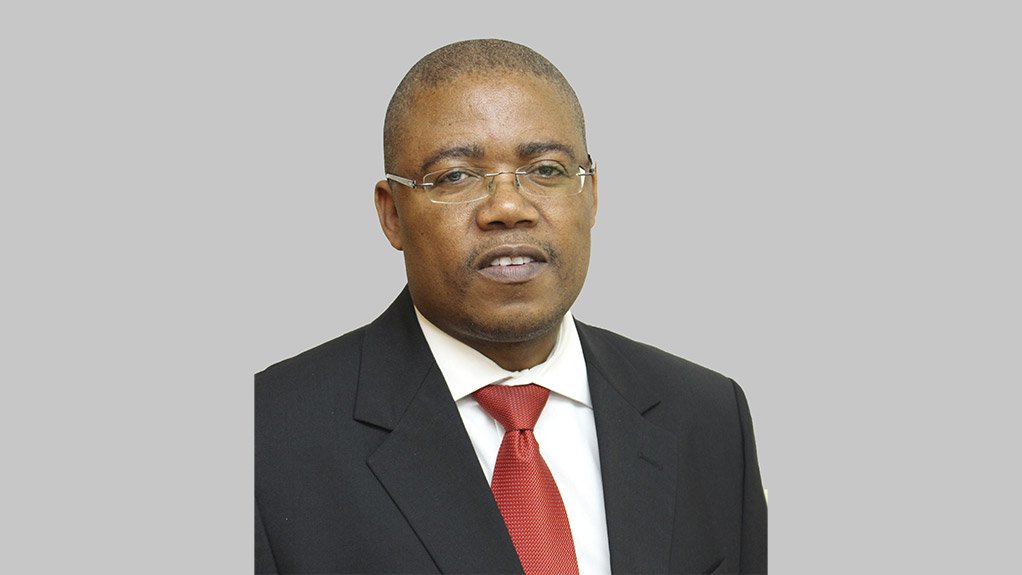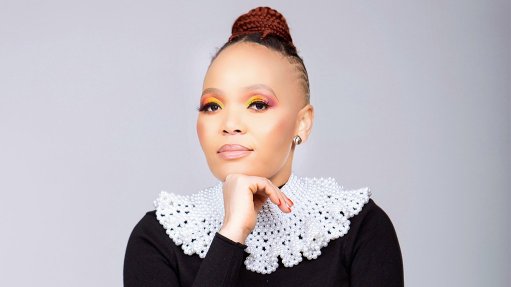The BIG four-oh: Forty years of DBSA development progress
This article has been supplied.
By Zeph Nhleko – DBSA Chief Economist
The Development Bank of Southern Africa (DBSA) turns forty this year! Furthermore, in April 2023 Ms Boitumelo Mosako – dubbed the lioness by poet Jessica Mbangeni – took over as the Chief Executive Officer from Mr Patrick Dlamini – one of the most courageous leaders of our time! So, it is appropriate to assess what development progress and contribution has the DBSA made over the past four decades since its inception. The DBSA story line began in earnest in 1979 and can be divided into the apartheid and post-apartheid periods
APARTHEID PERIOD
In his toespraak at the Carlton Centre Conference on 22 November 1979, PW Botha advised delegates, which included mostly leading White business personalities, that there was a Marxist danger to the order and stability of Southern African independent nations, his so-called constellation of nations. He claimed that the Marxist system implied neither freedom nor welfare for Southern African states. As expected, this so-called freedom and welfare was to be attained without causing a large-scale transfer of productive assets to Black citizens. In fact, he assured the conference that it was to be attained by ensuring that assets remain in the possession of private interests, and specifically those who possess expertise.
Delegates were informed that the so-called constellation of nations must work together to respond to this imaginary Marxist danger by, among others, supplementing existing multilateral structures. One of the key interventions proposed was the establishment of a development bank for Southern Africa to provide technical expertise and finance infrastructure.
The DBSA was established in 1983 by its shareholders, the government of South Africa and the Bantustans of Transkei, Bophuthatswana, Venda and Ciskei. It commenced operations in February 1984. The Bank went on to provide loan and grant financial development interventions worth R40,5 billion between 1983 and 1993.
Some of the notable projects facilitated during its first decade of existence include building the Fika Patso Dam in QwaQwa (now part of Free State Province) for R21,5 million; rehabilitation of 62km of the N2 road in Transkei (now part of the Eastern Cape) for R37 million; development of the R66 road linking Ulundi, Nongoma and Pongola in KwaZulu (now part of KwaZulu-Natal) for R39 million; building the DBSA headquarters in Midrand for R26 million; building the Isithebe, Madadeni and Ezakheni industrial parks in KwaZulu for R64 million; building Umtata College of Education for R35 million in Transkei and the Ndebele College of Education in KwaNdebele (now part of Mpumalanga) for R28 million; facilitating the Alexandra Township urban renewal programme for R54 million and initiating the Lesotho Highlands water projects for R72 million.
The DBSA also played a significant role in reshaping policy prior to the democratic dispensation in the areas of poverty, regional development, land reform, education, urban-rural interface, urban development and housing.
POST-APARTHEID PERIOD
Not shutting down the DBSA at the dawn of democracy was one of the good decisions made by the government of national unity. A transformation committee was established in December 1994 to advise the minister of finance on the focus, structure and functions of a transformed DBSA. The committee reviewed the development finance system in South Africa and recommended that the DBSA (or the Infrastructure Development Bank, as they suggested at the time) should narrow its focus of operations to infrastructure development. More specifically, it was recommended that the Bank should be reconstituted as a South African government subsidiary and its primary purpose should be to promote economic growth, development, human resource development and institutional capacity building through sustainable development projects and programs centred around the provision of infrastructure.
Since then, the DBSA has grown its annual level of loan disbursements from R717 million in 1994 to R12,9 billion in 2022. During the same period interest income increased from R547 million to R8,9 billion; the loan book from R4,8 billion to R90 billion; shareholder’s equity from R4,5 billion to R42,9 billion; net earnings from R255 million to R3,6 billion and total assets from R6 billion to R100 billion. Today the DBSA is working on an infrastructure project pipeline worth more than R155 billion across its various divisions.
While the Bank’s credit rating is capped at that of the sovereign, the Association of African Development Finance Institutions Peer Review mechanism, which performs ratings among African DFIs, has rated the DBSA at the prestigious A-category for the past 5 years. Similarly, auditors have granted the DBSA unqualified annual audit opinions since its inception.
This performance has allowed the Bank to increase its non-lending development contributions and increase its development impact. Annual grant support increased from R6,8 million in 1994 to R72 million in 2002. During the past decade alone the Bank, through its infrastructure build process, has built and refurbished 726 schools; completed 404 health facilities and 456 social houses. The Bank has contributed to the remarkable development impact by facilitating the creation of more than 37 000 jobs in 2022, compared with only 300 jobs in 1994 and supporting small Black-owned businesses to the tune of R3,2 billion compared with R10,5 million in 1994.
It is acknowledged that the overall national economic performance from 1994 to 2022 falls short of citizens’ expectations with national gross domestic product averaging 2,4%, unemployment 25%, poverty 51% and inequality 68%. However, many South African public and private corporates have made contributions to ensure that we stay afloat over these past 29 years. The DBSA is one of them. It is therefore an unfounded myth to say all state-owned enterprises (SOEs) are dysfunctional. The DBSA is among those SOEs that remain resilient and operate in accordance with all relevant prescripts.
The mainstay that has kept the DBSA resilient and ensured impressive performance since 1994 can be summed up into four critical factors. First, the DBSA constantly strives for its corporate values of high performance, integrity, innovation, service orientation and shared vision. Secondly, the DBSA adheres to strong governance that involves staff, the board and the shareholder. Third, the Bank continuously and carefully plans leadership changes to ensure leadership stability at executive and board levels. The DBSA has, for example, had only 7 permanent chief executive officers in 40 years. The three acting CEOs only spent 19 months during this time. Lastly, the Bank always shows appreciation to its staff and offers sound employee value proposition in return. The DBSA intends to multiply its current performance many folds over the next 40 years!
Comments
Press Office
Announcements
What's On
Subscribe to improve your user experience...
Option 1 (equivalent of R125 a month):
Receive a weekly copy of Creamer Media's Engineering News & Mining Weekly magazine
(print copy for those in South Africa and e-magazine for those outside of South Africa)
Receive daily email newsletters
Access to full search results
Access archive of magazine back copies
Access to Projects in Progress
Access to ONE Research Report of your choice in PDF format
Option 2 (equivalent of R375 a month):
All benefits from Option 1
PLUS
Access to Creamer Media's Research Channel Africa for ALL Research Reports, in PDF format, on various industrial and mining sectors
including Electricity; Water; Energy Transition; Hydrogen; Roads, Rail and Ports; Coal; Gold; Platinum; Battery Metals; etc.
Already a subscriber?
Forgotten your password?
Receive weekly copy of Creamer Media's Engineering News & Mining Weekly magazine (print copy for those in South Africa and e-magazine for those outside of South Africa)
➕
Recieve daily email newsletters
➕
Access to full search results
➕
Access archive of magazine back copies
➕
Access to Projects in Progress
➕
Access to ONE Research Report of your choice in PDF format
RESEARCH CHANNEL AFRICA
R4500 (equivalent of R375 a month)
SUBSCRIBEAll benefits from Option 1
➕
Access to Creamer Media's Research Channel Africa for ALL Research Reports on various industrial and mining sectors, in PDF format, including on:
Electricity
➕
Water
➕
Energy Transition
➕
Hydrogen
➕
Roads, Rail and Ports
➕
Coal
➕
Gold
➕
Platinum
➕
Battery Metals
➕
etc.
Receive all benefits from Option 1 or Option 2 delivered to numerous people at your company
➕
Multiple User names and Passwords for simultaneous log-ins
➕
Intranet integration access to all in your organisation


















